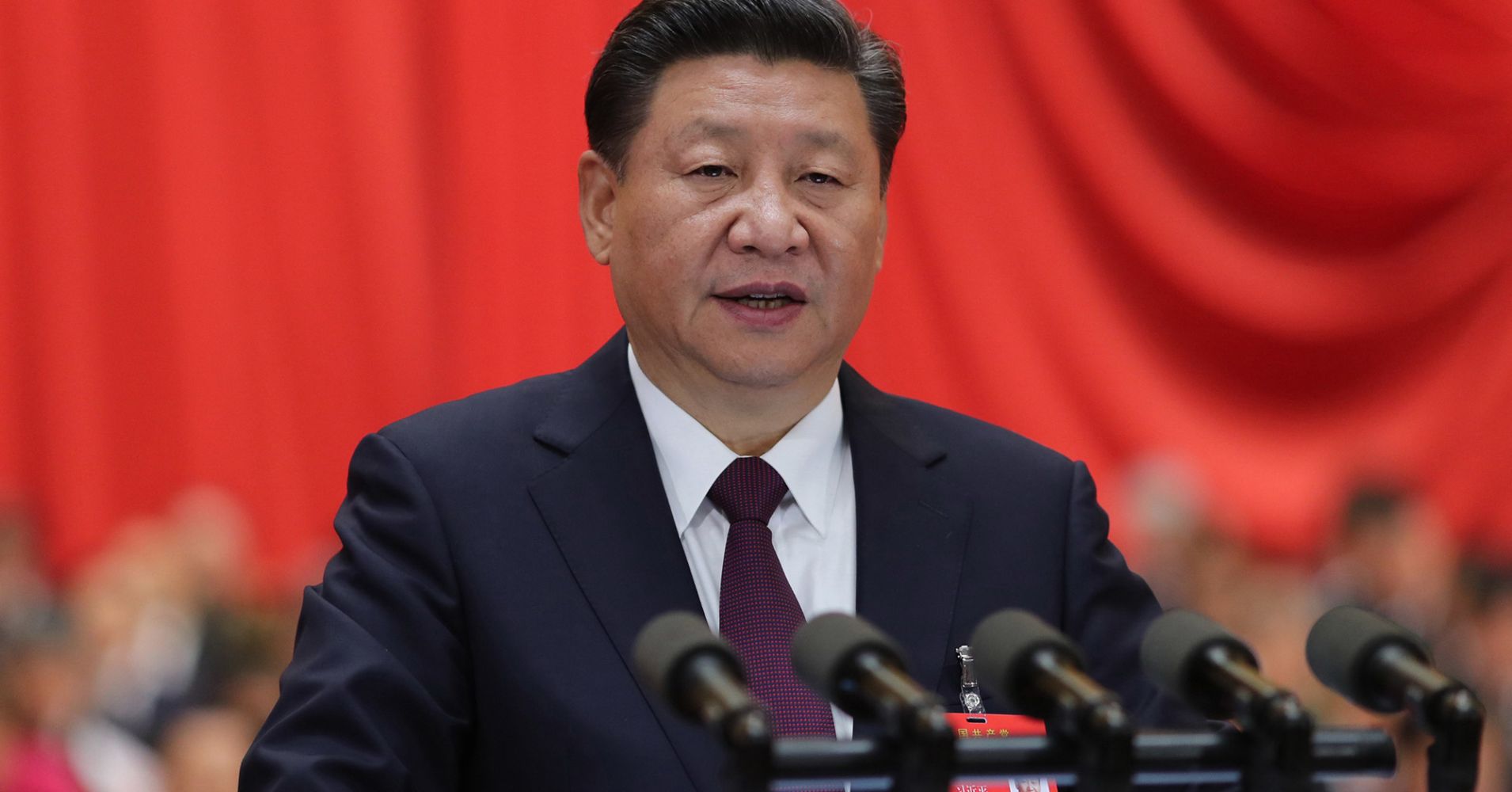China implemented retaliatory tariffs on some imports from the U.S. on Friday, immediately after new U.S. duties had taken effect.
The move signals the start of a full-blown trade war between the world’s two largest economies, after President Donald Trump’s administration had initially made good on threats to impose steep tariffs on Chinese goods.
At midnight Washington time, the U.S. imposed new tariffs on $34 billion of annual imports from China. This prompted Beijing to respond in kind with levy tariffs on U.S. imports, China’s foreign ministry said Friday. It did not provide any immediate details on the implementation or scale of these charges.
A spokesperson at China’s Ministry of Commerce said Friday that while the Asian giant had refused to “fire the first shot,” it was being forced to respond after the U.S. had “launched the largest trade war in economic history.”
“This act is typical trade bullying,” the spokesperson said, before adding: “It seriously jeopardizes the global industrial chain … Hinders the pace of global economic recovery, triggers global market turmoil and will affect more innocent multinational companies, general companies and consumers.”
China’s Ministry of Commerce also said it would look to report the U.S. to the World Trade Organization (WTO) on Friday, accusing Washington of breaching international trade laws.
The Trump administration initiated the dispute in April, announcing the tariffs and accusing China of using “unfair” tactics to build a large trade surplus with the U.S. and expropriating American technology.
The White House has also pressed Congress to tighten rules on Chinese investment in U.S. technology.
Nonetheless, despite the urging of business groups and lawmakers to negotiate a truce, there was little sign Friday that the two sides would reach a compromise anytime soon.
Beijing and Washington have held several rounds of high-level talks since early May, but the Trump administration has since said it is considering expanding the list of targeted Chinese imports. Trump said Thursday that another $16 billion of tariffs are expected to go into effect in two weeks, before ratcheting up the stakes to warn that measures totaling $500 billion in Chinese goods could soon come into force.
External observers have widely criticized this approach, saying such protectionist rhetoric undermines free trade policies that have shaped the global exchange of goods in recent decades.
— CNBC’s John W. Schoen contributed to this report.


 Signal2forex.com - Best Forex robots and signals
Signal2forex.com - Best Forex robots and signals




